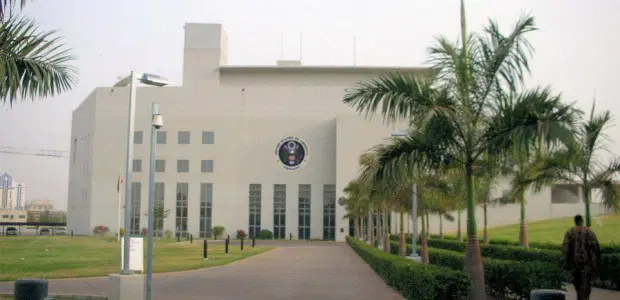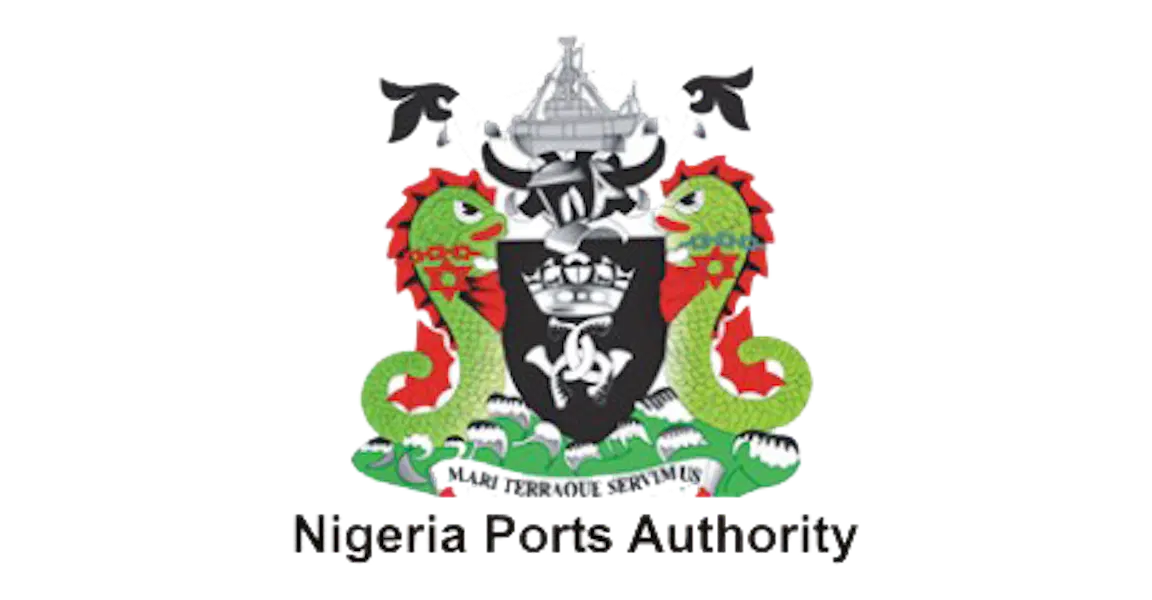Japan is contemplating relaxing automobile safety regulations for imports as part of tariff talks with the United States, according to Nikkei Asia on April 20.
This comes after Japan faced a 24% tariff on its exports to the U.S., though these tariffs have been temporarily suspended for 90 days.
A 10% universal rate continues to apply, along with a 25% duty on cars, which remains a key component of Japan’s export-driven economy.
According to Nikkei, Japan sees an opportunity to ease crash test rules as a bargaining chip in trade talks with the U.S., due to differing safety standards between the two countries.
Amid concerns about market instability and recession fears sparked by President Trump’s trade policies, Japan is working to reverse the “reciprocal” tariffs and other duties he imposed on Japan and several other nations.
On April 16, President Trump praised “big progress” in tariff negotiations with Japan, signaling one of the first in-person discussions since his series of duties on global imports.
Industry analysts suggest that the broader dispute over car tariffs could shape the future of electric vehicles in the United States.
Many affordable electric cars sold in the U.S. are imported, and the 25% tariff imposed by Trump is expected to increase prices and reduce demand.
“If they are having to spend more money to either pay for tariffs or move production to the U.S., that’s significant capex for most of the companies,” said Sam Abuelsamid, vice president of market research at Telemetry. “That’s funding not going to R&D, which means they’re not going to be able to innovate and not bring new technologies to market. That will make them less competitive in the global marketplace at a time they’re already getting shut out of China.”
Analysts warn that a 25% tariff on imported models, which automakers rely on to keep prices lower, could increase costs by $4,000 to $20,000 per vehicle.











